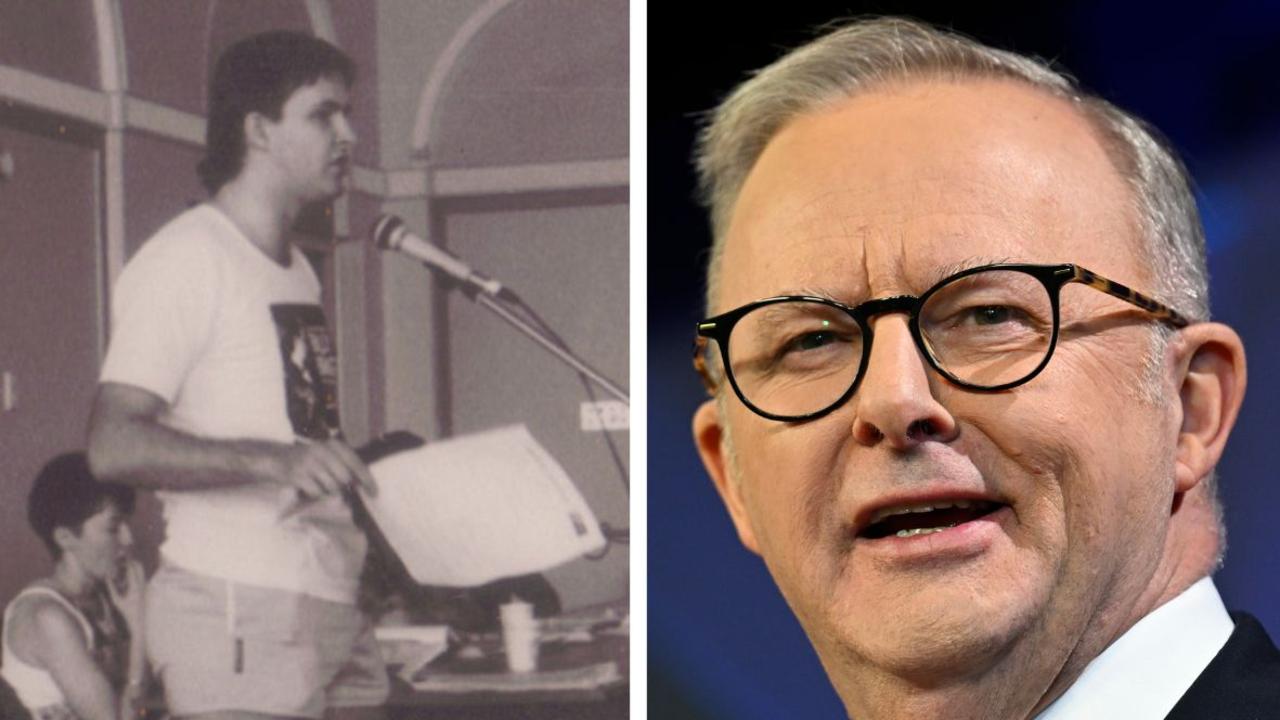Australian CEOs earn $91,352.43 per week
AUSTRALIANS earn roughly $1200 per week, and no one can remember their last pay rise. But one group earns 78 times the average.

AUSTRALIA’S chief executives are earning 78 times the wage of the average Australian and saw their pay packets increase by 3.5 per cent in the past year, compared with just 1.9 per cent for the average worker.
A review of more than 500 executives at Australia’s largest companies by corporate consultant Conrad Liveris found the average CEO remuneration in the 2016/17 financial year was $4.75 million.
The list was topped by Qantas CEO Alan Joyce, who took home a total pay packet of $24.58 million, followed by Macquarie CEO Nicholas Moore, who earned $17.9 million. The average female CEO’s total package was $3.71 million, with Mirvac CEO Susan Lloyd-Hurwitz leading on $3.84 million.
The average Australian earns $1170.70 per week, compared with $91,352.43 per week for the average CEO.
“Fundamentally, executive remuneration practices are stale and incompatible with the modern economy,” Mr Liveris writes in the report, ‘Because you’re worth it: Executive remuneration in the 2016/17 financial year’.
“This is not to undermine the contributions of executives and senior management to their organisations and the economy, however the current metrics are not fit for purpose. Hard evidence suggests that as business practices have developed, and technological advancement takes hold, remuneration policies have not.”
Mr Liveris in part attributes the growth in executive pay to technological innovation boosting company profitability, but the business units responsible for adding that value not being fairly compensated.
“Business units are creating serious value for companies, but with less staff and, more importantly, little [understanding] of ... how to assess where the contribution for this advancement lies,” he writes.
“What seems to be happening is that the value contribution is not being spread across the organisation, but is being assessed on a macro level and thus credited to a limited number of people with companies.”
Mr Liveris argues trust in big business is “not rock solid”, and executive pay policies are “central to that”. He recommends companies align executive remuneration increases with the wage price index, more fairly remunerate employees based on the income they produce, and expand pay packets through profits.
“As pressure builds on business to better align practices to community standards, remuneration is part of that discussion,” he writes.




